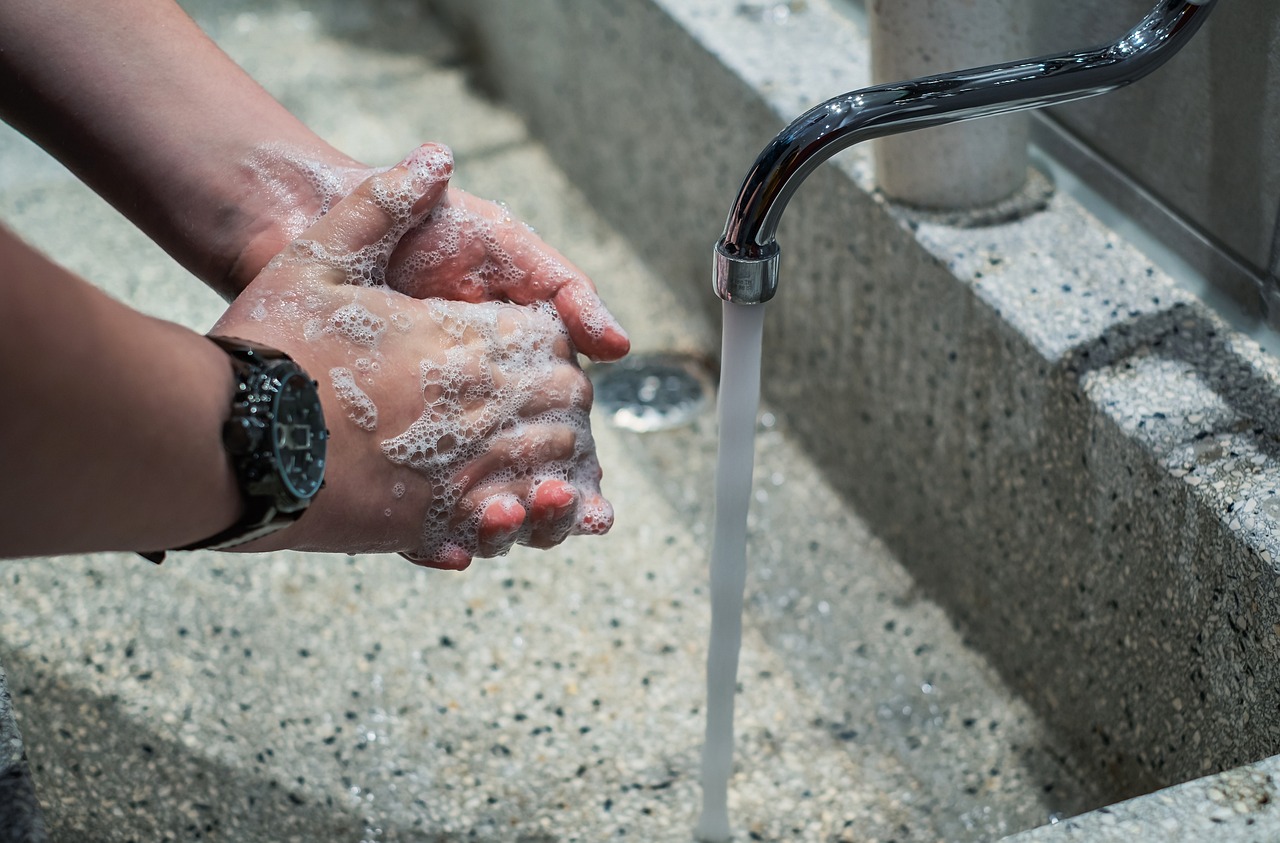Nov 9th 2023
Winter is coming: Protect your home from COVID virus and the flu

As winter approaches, the drop in temperature typically marks an increase in the spread of seasonal illnesses, including the flu and the COVID-19 virus. The combination of colder weather and more time spent indoors can create an environment conducive to the transmission of these viruses. It is crucial to take proactive steps to safeguard your home and family. Below are some practical and effective measures to protect your home from the threats of COVID-19 and the flu during the winter months.
Understanding the Risk
Viruses like influenza and SARS-CoV-2, which causes COVID-19, thrive in colder, less humid conditions. Moreover, winter gatherings can increase the risk of virus transmission. Understanding this seasonal pattern is the first step in preparing to protect your home.
Enhancing Indoor Air Quality

Improving the air quality inside your home is essential for reducing the spread of respiratory viruses. Consider the following:
- Ventilation: Increase airflow by opening windows when possible and utilizing exhaust fans. This can help dilute virus particles in the air.
- Organic Air Technology: The AirRestore system produces the energized elements that naturally belong in the air. Inside each Air Restore system is an Ionic Engine that produces the energy your indoor air lacks. These elements actively attach to and break down pollutants in the air by altering the airborne pollutants, which helps restore the air to a much cleaner state.
- Air filtration: High-efficiency particulate air (HEPA) filters in your heating system can trap virus particles. Portable air purifiers with HEPA filters can also be effective, especially in high-use areas.
- Humidification: Maintaining indoor humidity levels between 40% and 60% may help reduce the survival of flu viruses in the air.
Regular Disinfection of Surfaces
Frequently touched surfaces such as doorknobs, light switches, and countertops can harbor viruses. Regular disinfection using EPA-registered disinfectants can kill viruses on surfaces, potentially preventing transmission. Be sure to follow the manufacturer’s instructions for safe and effective use.
Personal Hygiene Practices

Encouraging good personal hygiene practices is a cornerstone of preventing the spread of viruses:
- Handwashing: Wash hands with soap and water for at least 20 seconds, particularly after coming in from outside, before eating, and after coughing or sneezing.
- Respiratory etiquette: Cover coughs and sneezes with a tissue or the inside of the elbow, and dispose of tissues properly.
Vaccination: Your First Line of Defense against Viruses
Annual flu vaccination is recommended for most people, and COVID-19 vaccinations and boosters are essential in preventing severe illness. Vaccination not only protects individuals but also helps safeguard the broader community by reducing the spread of these viruses.
Creating a Sick Room
In the event that a household member becomes ill, having a designated sick room can help isolate the individual and
contain the spread of the virus. This room should be well-ventilated and equipped with necessary supplies, such as tissues, a thermometer, and medications.
Safe Socializing
While social interactions are important for mental health, especially during the holidays, it is crucial to do so safely:
- Outdoor gatherings: Opt for outdoor events where there is more ventilation, or ensure indoor areas are well-ventilated by opening windows and doors.
- Small groups: Limit the size of gatherings to reduce the risk of virus transmission.
- Stay home if sick: Encourage guests to stay home if they are experiencing symptoms of illness.
Staying Informed and Prepared
Staying up to date with local health advisories and being aware of the levels of COVID-19 and flu in your community can help you make informed decisions about activities and gatherings.
As winter descends, it is imperative to take comprehensive steps to protect your home from the increased risk of the flu and COVID-19. By understanding the risk, enhancing indoor air quality, practicing regular surface disinfection and personal hygiene, getting vaccinated, preparing for illness, and socializing safely, you can help keep your home and loved ones safe during the colder months. Vigilance and preparedness are key in navigating the winter season with health and peace of mind.
AirRestore

